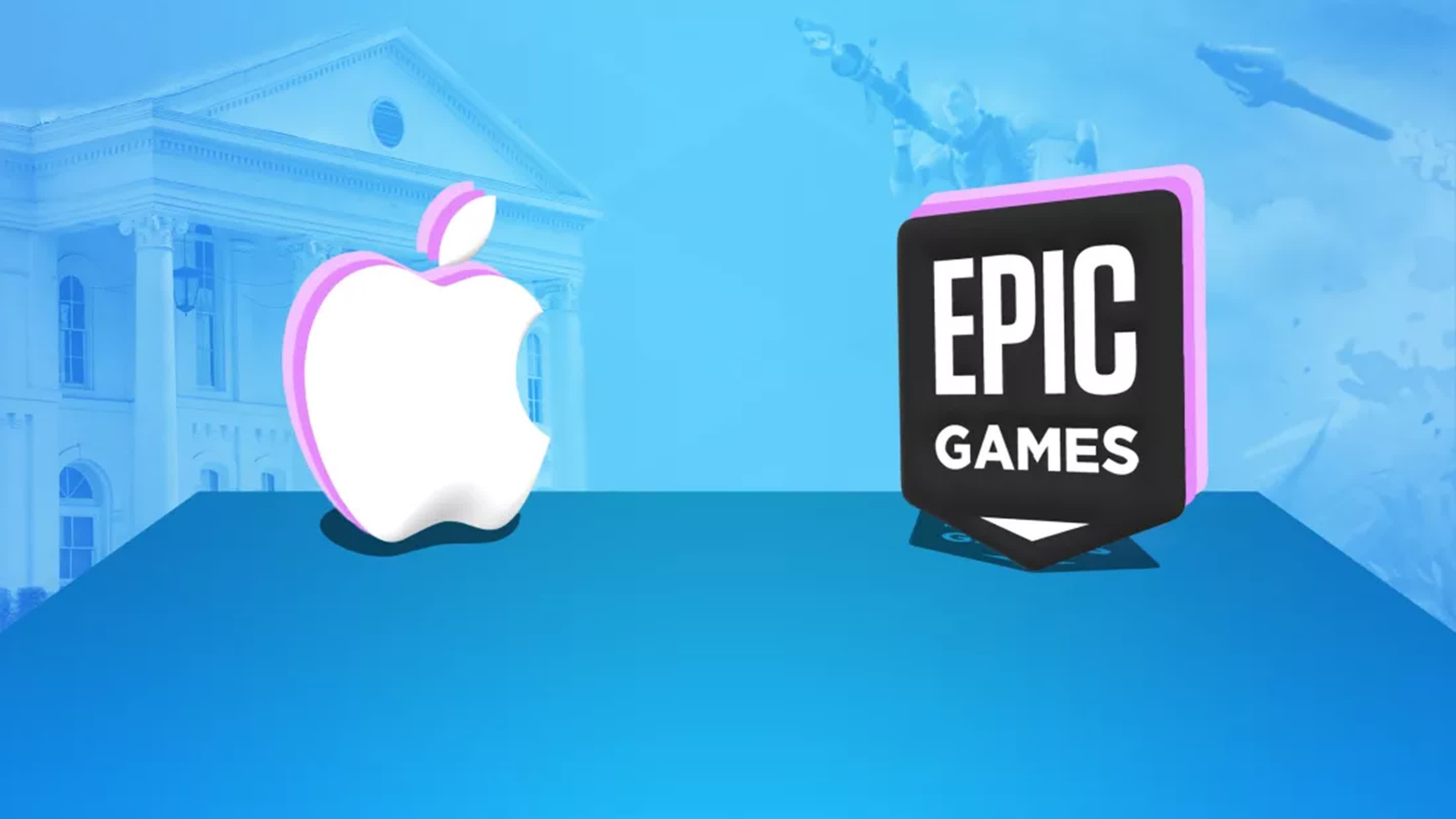A hot potato: A federal judge in California has delivered a decisive blow to Apple's longstanding control over its App Store, ordering the tech giant to immediately halt practices that have limited competition and maintained high commissions on app sales. This ruling concludes a five-year legal battle initiated by Epic Games, the creator of Fortnite, which challenged Apple's dominance in the digital app marketplace.

Judge Yvonne Gonzalez Rogers, presiding over the U.S. District Court for the Northern District of California, found that Apple willfully violated a previous court order designed to open the App Store to greater competition. The federal judge's ruling delivered a sharp and unmistakable rebuke to Apple, making clear her frustration with the company's repeated defiance of court orders.
Judge Rogers criticized Apple's response to her earlier injunction, which had directed the company to allow developers to steer users to external payment options, bypassing Apple's standard 30 percent commission.
Instead of complying, Apple implemented a new system that required apps using external payment links to pay a 27 percent commission.
The company also introduced pop-up warnings to discourage users from making payments outside the App Store, suggesting such transactions might not be secure. Judge Rogers wrote, "Apple aimed to sustain a revenue stream worth billions in blatant violation of this court's injunction."
We will return Fortnite to the US iOS App Store next week.
– Tim Sweeney (@TimSweeneyEpic) April 30, 2025
Epic puts forth a peace proposal: If Apple extends the court's friction-free, Apple-tax-free framework worldwide, we'll return Fortnite to the App Store worldwide and drop current and future litigation on the topic. https://t.co/bIRTePm0Tv
The judge's frustration was evident. She accused Apple executives of dishonesty, specifically naming Alex Roman, Apple's Vice President of Finance, for "outright lying" to the court about when the company decided to impose the new 27 percent fee.
Judge Rogers stated that neither Apple nor its legal team corrected what she called "obvious lies," and she referred the matter to federal prosecutors to consider criminal contempt charges against both Roman and the company.
She also criticized Apple CEO Tim Cook, saying, "Apple knew exactly what it was doing and at every turn chose the most anticompetitive option."
The ruling prohibits Apple from collecting commissions on sales made outside the App Store and from enacting policies preventing developers from directing users to external payment methods. Apple is also forbidden from displaying messages that might dissuade users from purchasing outside its platform. Judge Rogers emphasized, "Apple will not impede competition" and that "the court will not tolerate further delays."
The outcome not only signals a major victory for Epic Games but also opens the door for sweeping changes in how developers and consumers interact with the digital marketplace.

Epic Games CEO Tim Sweeney welcomed the decision, stating, "There will be considerable opportunities for developers to secure better deals and for consumers to benefit as well. This is a fantastic day for everyone involved."
Apple expressed strong disagreement with the ruling. "We strongly disagree with the decision. We will comply with the court's order, and we will appeal," said Apple spokeswoman Olivia Dalton.
The legal saga began in 2020, when Epic Games accused Apple of stifling competition by forcing developers to use its payment system and taking up to a 30 percent cut of many transactions. The App Store is a major revenue source for Apple, accounting for a significant portion of its nearly $100 billion in annual services revenue.
While Apple initially avoided being labeled a monopoly, the court found it had violated California's competition laws by blocking alternative payment options for developers.
Wednesday's ruling is expected to reshape the app economy, potentially allowing developers to retain more earnings and reducing fees that have long flowed to Apple. The decision also paves the way for Fortnite's return to the iOS App Store in the United States, after being removed in 2020 when Epic enabled alternative payment methods within the game.
As the dust settles, Judge Rogers left the door open for further action, stating, "It will be up to the executive branch to determine if Apple should face consequences for its violations, in addition to any penalties aimed at preventing future misconduct."
Court orders Apple to open App Store to competition, Epic Games wins
